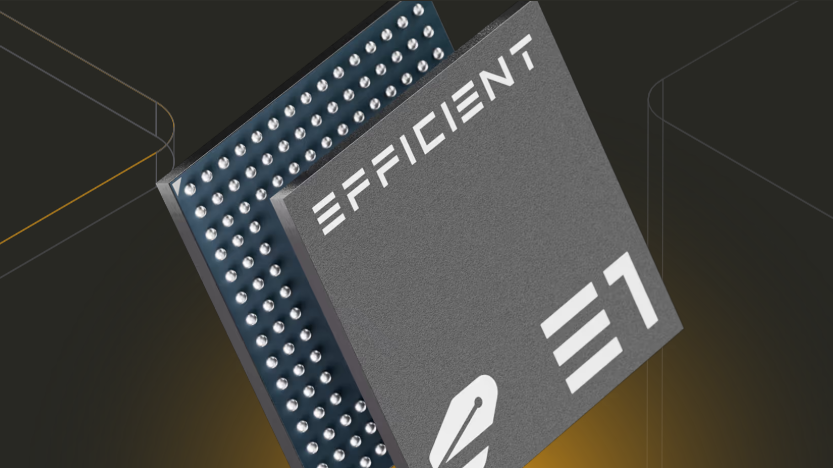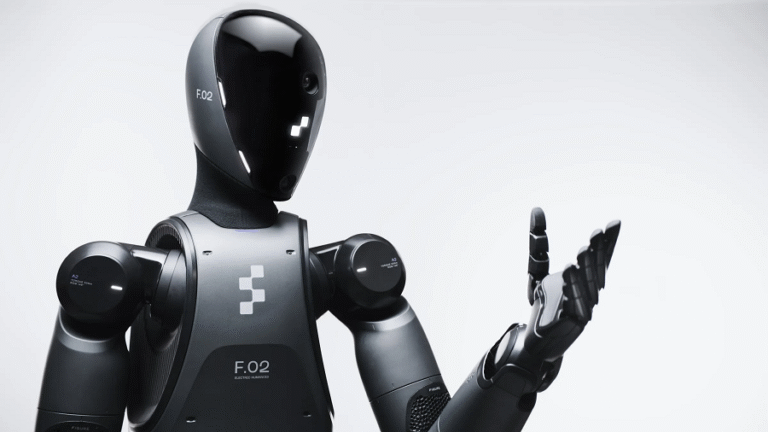Efficient Computer Launches Electron E1 Chip, Revolutionizing Edge Workloads and Energy Efficiency
Efficient Computer Co. has unveiled its latest breakthrough in computing technology, the Electron E1 processor, designed specifically to minimize energy consumption for general-purpose computing tasks. This innovative chip is now accessible to developers, accompanied by the new effcc Compiler, a tool that simplifies application integration with the hardware.
The Electron E1 leverages a unique “Fabric architecture,” allowing for spatial dataflow computing, and represents a significant departure from conventional chips like Intel’s x86, which follow the traditional Von Neumann architecture. This new design significantly enhances energy efficiency by mitigating the energy waste commonly associated with data transfers between memory and processing cores. Efficient Computer asserts that the Electron E1 can potentially boost energy efficiency for specific workloads by as much as 100 times, making it particularly suitable for battery-operated edge computing devices such as sensors, wearables, and drones.
Brandon Lucia, co-founder and CEO of Efficient Computer, commented on the chip’s capabilities, stating, “We’re doing something that has the capability of a CPU but is one or two orders of magnitude more efficient.”
Breaking Down the Fabric Architecture
The innovative Fabric architecture allows for a spatial arrangement of software instructions, contrasting with the sequential processing model used by Von Neumann-based chips. In traditional systems, instructions are one by one fetched from memory, executed by the processor, and results returned, which is not only energy-intensive but also requires additional overhead for branch prediction logic.
In contrast, the Electron E1 constructs a spatial pathway for instructions, allowing data to move seamlessly through an “array of tiles.” Each tile operates as a minimal processor core, capable of executing a specific set of instructions without the ongoing overhead of memory communication.
The effcc Compiler effectively maps software instructions to tiles, with results from one tile directly providing input for the next, streamlining program execution. Additionally, when faced with conditional scenarios, the spatial layout of the tiles can dynamically adjust, paralleling how a railway switch is flipped to reroute trains.
Efficient Computer is targeting the Electron E1 toward embedded and edge AI applications, which have experienced challenges with existing CPU limitations. Early-access customers are already sampling the chip in various industrial and aerospace sectors. Furthermore, the company has plans to introduce an advanced version, the Photon P1, which will enhance spatial computing capabilities for larger-scale edge workloads.







